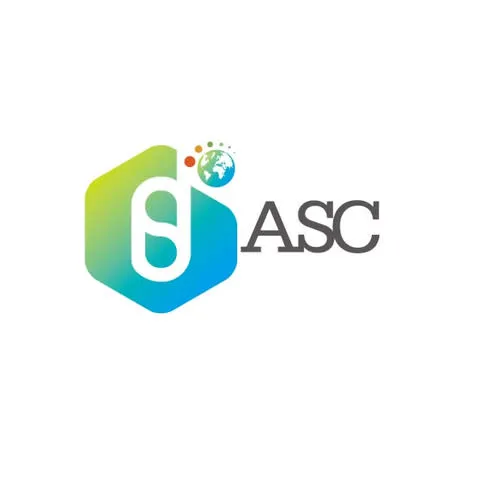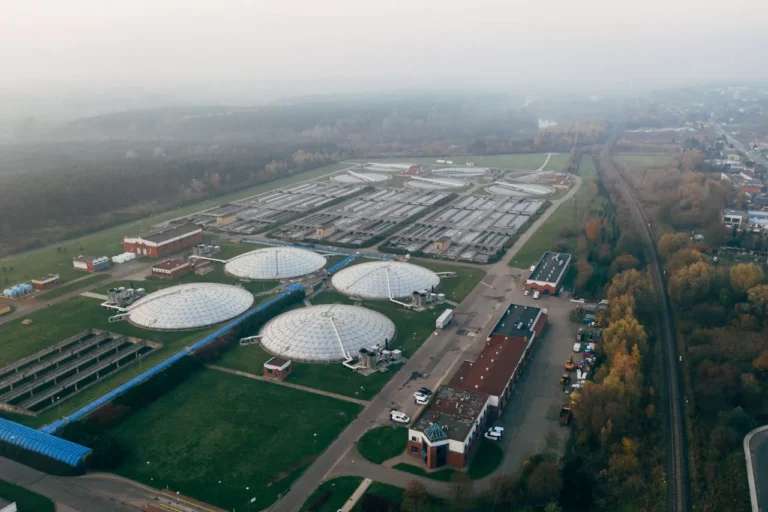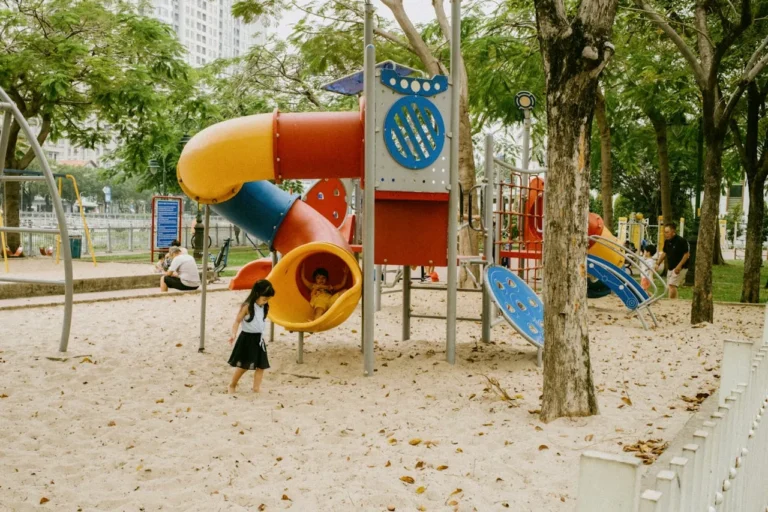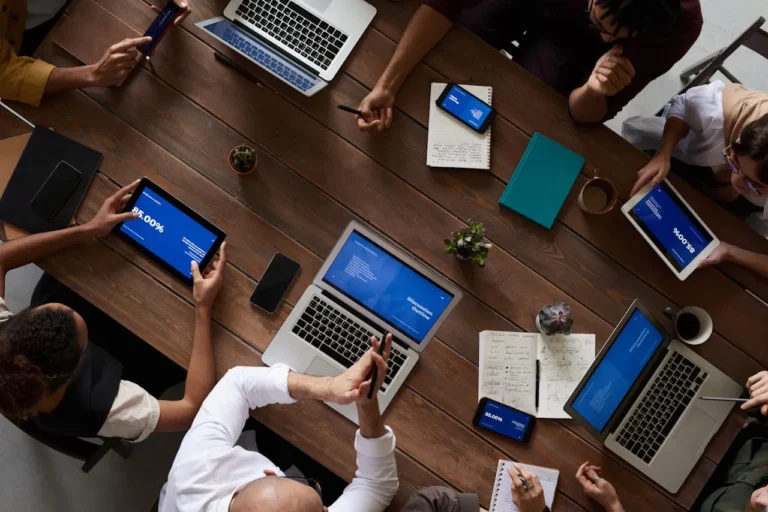
Tong Wins Gold Shanghai Jiao Tong University Triumphs at ASC25 Student Supercomputer Challenge; Peking University Secures Silver
The 2025 ASC Student Supercomputer Challenge (ASC25) concluded successfully at Qinghai University in Xining, China, marking a significant milestone in the realm of high-performance computing (HPC) and artificial intelligence (AI). Wins Gold After five days of intense competition, Shanghai Jiao Tong University emerged as the champion, while Peking University earned the silver prize, both demonstrating exceptional prowess in HPC and scientific problem-solving.
A Global Platform for Emerging Talent
ASC25 attracted over 300 university teams Wins Gold from around the world, reflecting its status as the world’s largest student supercomputing competition. Following a rigorous preliminary selection process, Wins Gold 25 teams advanced to the finals held at Qinghai University from May 10 to 14, 2025. Notably, Qinghai University, situated at a high altitude, provided a unique and challenging environment for the competition.Quantum Zeitgeist+1Innovation Open Lab+1
Rigorous Challenges and Innovative Solutions
In the finals, teams Wins Gold were tasked with designing and deploying small-scale supercomputing clusters, each constrained by a 4,000-watt power consumption limit. Within these clusters, teams executed and optimized internationally recognized benchmark tests, HPL and HPCG. Additionally, they applied performance optimization strategies to a suite of advanced scientific and engineering applications, including:
- AlphaFold3 Inference Optimization: Teams optimized the AlphaFold3 structure prediction code Wins Gold on diverse computing platforms, using amino acid sequences provided by the organizing committee. Innovation Open Lab+2onvista+2Quantum Zeitgeist+2
- RNA 5-Methylcytosine Modification Site Detection: Wins Gold Participants optimized the detection of 5-methylcytosine (m5C) sites on mRNA, working with large datasets containing 340 million sequencing reads. EdTech Innovation Hub+1SCU Education Center+1
- DeepSeek Inference and Cosmic Neutrino Detection Simulations: Teams applied their skills to optimize performance in these complex scientific applications.
Furthermore, the 25 finalist teams were randomly assigned into five groups for the Group Competition, where they collaborated across institutions to address a complex scientific challenge: numerical simulation of the Qinghai-Tibet Plateau climate.
Outstanding Performances and Awards
The team from Shanghai Jiao Wins Gold University demonstrated comprehensive capabilities, delivering strong performances in multiple tasks such as AlphaFold3 inference optimization, DeepSeek inference, and cosmic neutrino detection simulation. Their results reflected a deep understanding of AI, HPC systems, and interdisciplinary scientific applications, as well as superior optimization skills—culminating in their attainment of the overall championship.
Peking University delivered outstanding results in RNA 5-methylcytosine modification site detection and DeepSeek optimization, earning them the silver prize.
In the designated task for the e Prize Challenge—AlphaFold3 inference optimization—the team from Shanghai Jiao Tong University implemented comprehensive system-level and algorithmic optimizations. These included framework migration, refinement of matrix algorithms, task decomposition, parallel computing strategies, and communication acceleration. As a result of these efforts, they successfully achieved efficient multi-node inference of AlphaFold3 on a general-purpose CPU-based cluster. Their outstanding performance secured the highest ranking in this challenge and earned them the prestigious e Prize.
A group comprising students from Sun Yat-sen University, Peking University, Beijing Normal University, Fuzhou University, and National Taiwan University demonstrated exceptional coordination and exemplary inter-institutional collaboration. Their joint efforts resulted in the highest score in the Qinghai-Tibet Plateau climate simulation challenge. In recognition of their outstanding performance, the team was collectively awarded the Group Competition Award.
Teams from Zhejiang University, Fuzhou University, and Qilu University of Technology were awarded the Application Innovation Award in recognition of their outstanding performance in specific competition challenges and their innovative approaches to application-level problem-solving.
Voices from the Leaders
Jack Dongarra, Chair of the ASC Advisory Committee, Turing Award winner, and Emeritus Professor at the University of Tennessee, stated:
“The ASC Student Supercomputer Challenge is not just a competition, but a platform connecting global students, mentors, and industry leaders—where knowledge, creativity, and cutting-edge technologies ignite new possibilities. The fascination with emerging technologies, the fearless courage to tackle complex challenges, and the spirit of cross-border collaboration demonstrated by young participants all fuel students’ drive to explore, innovate, and ultimately achieve personal breakthroughs.”
Shi Yuanchun, President of Qinghai University, emphasized the significance of the event:
“The competition is a premier platform for young students around the world to push the boundaries of computing and explore the frontiers of science and technology. It also serves as a bridge for mutual learning among civilizations. By hosting the ASC25 finals, Qinghai University has delivered a powerful message to the world—vibrant, rigorous, pragmatic, and driven toward progress. Looking ahead, Qinghai University will collaborate with global partners to address major scientific challenges, drive breakthroughs in cutting-edge supercomputing technologies, and unleash innovative momentum on the Qinghai-Tibet Plateau.”







